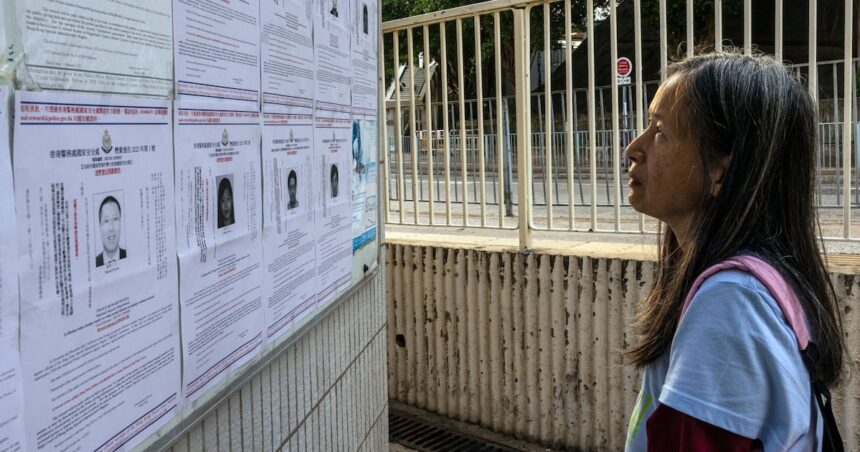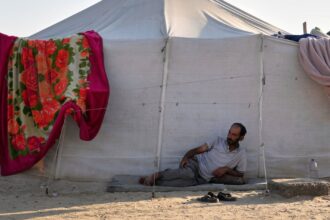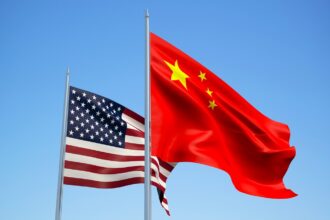In a sharp escalation of diplomatic tensions, Canada has issued a forceful condemnation of Hong Kong authorities after arrest warrants were issued for eight pro-democracy activists living abroad. The move by Hong Kong, targeting individuals under its controversial national security law, has triggered widespread international concern and placed further strain on already deteriorating Canada-China relations.
Foreign Affairs Minister Mélanie Joly described the warrants as “deeply troubling” during an emergency press conference in Ottawa yesterday. “These actions represent a dangerous extension of Hong Kong’s national security apparatus beyond its borders and a clear violation of international norms,” Joly stated, her voice reflecting the gravity of the situation.
The activists, including prominent Canadian-Hong Kong dual citizen Martin Lee, face charges of “subversion” and “collusion with foreign forces” – offenses that carry potential life sentences under the sweeping security legislation imposed by Beijing in 2020. Three of the eight individuals currently reside in Canada, having fled Hong Kong amid the crackdown on political dissent that followed the 2019 pro-democracy protests.
“What we’re witnessing is the criminalization of democratic expression,” said Professor Emily Lau of the University of Toronto’s Munk School of Global Affairs. “These warrants essentially declare that advocacy for democratic values from anywhere in the world can be deemed a crime against the Chinese state.”
The Chinese embassy in Ottawa responded swiftly, issuing a statement that characterized Canada’s criticism as “unwarranted interference in China’s internal affairs.” Embassy spokesperson Chen Wei insisted that “Hong Kong’s judicial proceedings are conducted in strict accordance with the law” and demanded that Canada “cease its political posturing.”
This diplomatic clash occurs against a backdrop of deteriorating bilateral relations, with Canada’s recent cybersecurity allegations against China and ongoing disputes over the detention of Canadian citizens Michael Kovrig and Michael Spavor still fresh in memory.
Human rights organizations have expressed alarm at the extraterritorial reach claimed by Hong Kong authorities. Amnesty International Canada director Ketty Nivyabandi called the warrants “a dangerous precedent that threatens political exiles worldwide,” adding that “no government should be able to reach across borders to silence dissent.”
Ottawa faces a delicate balancing act, attempting to defend democratic values while managing complex economic ties with China, Canada’s second-largest trading partner. Trade between the two nations exceeded $100 billion last year despite political tensions.
For the Hong Kong-Canadian community, estimated at over 300,000 people, the warrants have created a climate of fear. “Many people are afraid to speak out now, worried that family members still in Hong Kong might face repercussions,” explained Wilson Leung, director of the Toronto-based Hong Kong Canadian Alliance.
The Canadian government has announced additional measures to support those affected, including expedited processing for Hong Kong residents seeking asylum and enhanced consular support. Immigration Minister Sean Fraser confirmed that Canada is “actively exploring options to protect individuals at risk” while reinforcing the country’s commitment to being a safe haven for those fleeing political persecution.
As global attention focuses on this latest development, questions emerge about the effectiveness of international pressure in protecting democratic freedoms in Hong Kong. With the United States, United Kingdom, and Australia joining Canada in condemning the warrants, Beijing faces mounting criticism over its governance of the former British colony.
As this crisis unfolds, Canadians are left wondering: at what point does principled diplomacy require concrete action, and what tools remain available to defend democratic values in an increasingly complex geopolitical landscape?

























